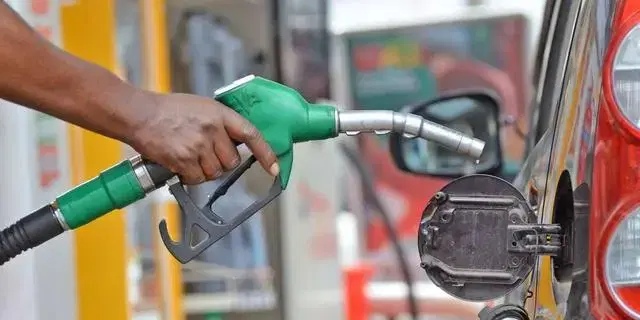The Nigeria Midstream and Downstream Petroleum Regulatory Authority (NMDPRA) has revealed that the country’s daily petrol consumption currently fluctuates between 45 million and 50 million litres. This disclosure was made by NMDPRA’s Chief Executive Officer, Mr. Farouk Ahmed, during the ongoing 18th Africa Downstream Energy Week in Lagos.
The 2024 OTL Africa Downstream Energy Week is themed “Alliances for Growth.” Ahmed noted that the increase in petrol consumption during the fourth quarter, particularly around the holiday season, is typical due to heightened industrial and consumer activities.
He expressed optimism that recent price adjustments and market liberalisation would help reduce cross-border smuggling, allowing more petrol to remain within Nigeria. “We hope this price adjustment or liberalisation will discourage cross-border smuggling of the product, meaning that more petrol will stay within the country,” he stated.
While Ahmed acknowledged that actual petrol consumption levels might decline, he indicated that a significant drop was unlikely.
In discussing the conference’s theme, he highlighted the critical role of alliances in enhancing efficiency and reducing costs within the industry. He proposed that fewer shared facilities would lead to greater efficiency compared to numerous idle private depots, ultimately benefiting both businesses and consumers.
“Collaborations or alliances among stakeholders will lead to greater efficiency and lower costs for consumers,” he asserted. Ahmed emphasized that shared facilities among agencies such as NMDPRA, the Nigerian Maritime Administration and Safety Agency, and the Nigeria Ports Authority could mitigate operational inefficiencies.
He clarified that while NMDPRA does not intend to enforce mergers, industry players are encouraged to explore partnerships, particularly in saturated markets, to enhance efficiency and reduce costs for consumers.

